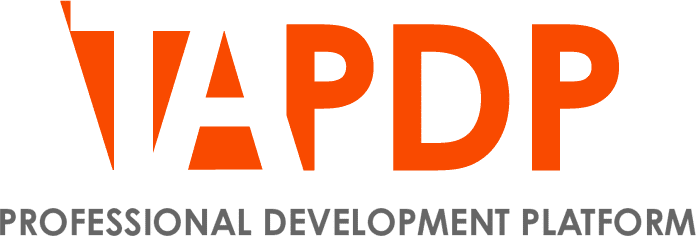This module will delve into digital marketing and equip you with the fundamental knowledge and skills required to excel as a Digital Marketeer. Throughout this 12-month program, you will gain insights into various aspects of digital marketing, understand your role within your organisation, and grasp how your efforts align with broader business goals.

Login
Accessing this course requires a login. Please enter your credentials below!



